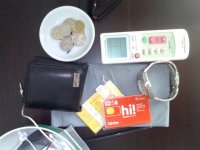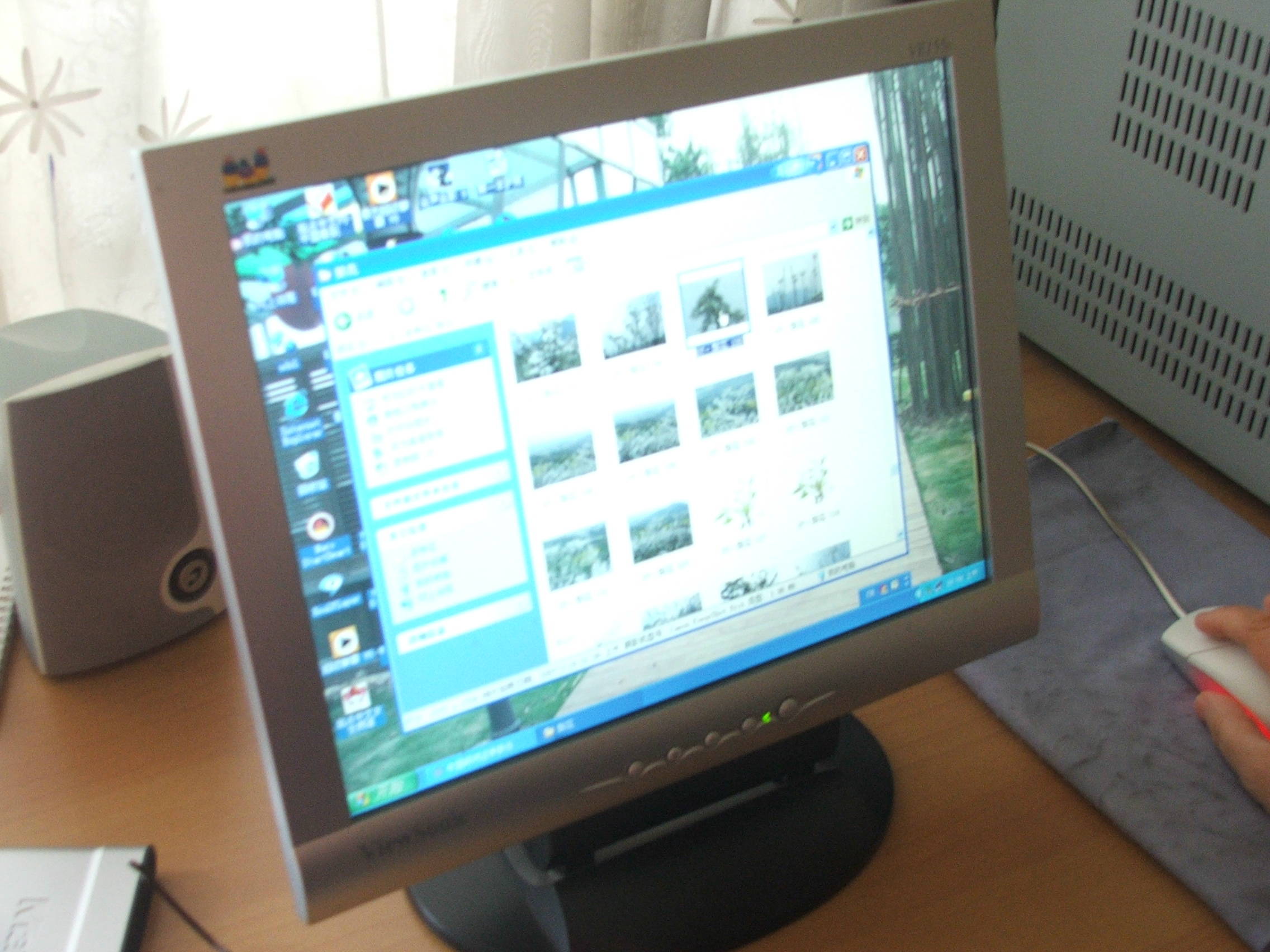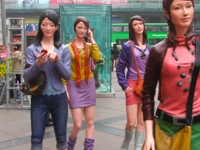
social interaction and mundane technologies STUDIES
 |
The STUDIES page describes.....current and planned studies in the project, fieldwork being conducted etc. There are 4 main streams of studies: Digital Documents of Life; Leading Technology - Managing through the Mundane; Phomentos: Sharing the World within Reach, Community, Distress and Ordinary Technologies and Digital Living as Everyday Life.The latest on STUDIES is...Observation of 'discovery work'This has involved interviewing a barrister and examining the documents s/he uses; Ethnography on technology use in rural ChinaThis has involved visiting rural part of China affected by the recent earthquake and exploring people's use of mundane technologies in and through the event (e.g. long-term recovery). |

|
Digital Documents of LifeUpdated: 22-Feb-2008This study is investigating the role of mundane technologies such as mobile phones in generating different kinds of ‘digital documents of life’ providing insights into the details of people’s everyday lives. We are also interested in using different kinds of probes and developing a loose taxonomy of the different documents of life produced across work, domestic and other settings, building on Plummer’s (1983) list and in evaluating the kinds of things these documents are good for. This study is feeding off the other studies in the project as well as the study of blogging and people trying to make a change in their lives (quitting smoking, becoming ethical consumers, starting a new job) conducted for Nokia: Mobile phones as probes, props and prototypes for life change. |

|
Leading Technology: Managing through the MundaneUpdated: 6-Jan-2009This study is examining the use of mundane technologies in work settings, considering how these technologies afford emotional labour, a sense of community and awareness. Of particular interest is how mundane technologies (e.g. the voice service on mobile phones) are actually used to support connectedness, facilitate humour in difficult circumstances and facilitate the work of leading. Another focus is the "dirty work" that mundane technologies support such as spending hours perusing paper and digital documents to assemble materials for a case. Associated people:Dr Dave Randall (Manchester Metropolitan University), Dr Marion Iszlett-White (Lancaster University Management School) and Dr Simon Kelly (Lancaster University Management School) |

|
Phomentos: Sharing the World within ReachUpdated: 22-Feb-2008This project is examining the different uses of photographs across different technologies in family situations. We are interested in examining the uses of photographs within families as they interact across both physical (e.g. distance) and cultural (e.g. customs) boundaries. Although the families to be studied will vary, we are particularly interested in Asian families spread between Australia (e.g. Melbourne) and Asia (e.g. China, Singapore and Malaysia. Part of this work has involved developing a design brief and requirements for a digital photo frame in the home. |

|
Community, Distress and Ordinary TechnologiesUpdated: 6-Jan-2009This study is concerned with examining the role of everyday technologies among communities and groups experiencing distressing events - a death in the family, a natural disaster, extended separation. We are interested in the role of everyday technologies in supporting people through these events, in instigating change of different kinds and the different temporalities supported by different media - the 'instantaneity' and 'richness' of video against the asynchrony and apparent rigidity of text for example. Associated people:Vincent O'Brien (University of Cumbria) |

|
Digital Living as Everyday LifeUpdated: 24-Mar-2008This study is concerned with engagement with computer games (e.g. World of Warcraft) and virtual worlds (e.g. Second life) as a part of everyday life. In popular press (e.g. Men's Vogue) engagement in such activities may be painted in pathological terms e.g. as a form of "addiction". However, like Space Invaders and even email, for many these technologies have become an ordinary and mundane part of everyday life that it 'fitted in' with/despite other things. Thus, we are interested in investigating the alternative view that 'digital living' through these technologies is simply another activity that finds its place in everyday life, much like reading books, daydreaming, playing cards etc. and that, similar to other behaviours (e.g. social drinking, gambling, social networking, being with someone else), engagement in such worlds can become pathological, but not necessarily so. Through the examination of a variety of people's lives we wish to explore the current and future possible impact of digital living on people's lives. Associated people:Dr Martin Gibbs (University of Melbourne) |
-website by onecalledconnor-
